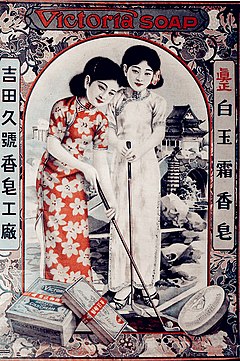Address to graduating students: “If everyone is special, no one is.”
English teacher David McCullough, Jr. sharply challenged the new graduates of Wellesley Massachusetts High School by telling them that they were not special, because they were substantially like numerous other "special" students out there. He repeatedly warned the audience members that to become special, they would need to earn it. Many of McCullough's ideas walk the line between offensive and inspiring--they will offend some people because his message is a stinging indictment of the status quo. He delivered a message that we can't become special by continuing to watch our TVs, or even by clicking on our keyboards. There is no substitute for self-critical thought, hard work in the real world, and a pure heart. I admire McCullough for having the guts to say the things he said up at the podium. Watching him reminds me that excellent teachers are real heroes in a world filled with fake heroes. It makes me a bit sad that I didn't have the opportunity to be one of McCullough's students back in high school. Listening to his message mostly makes me proud that there is someone out there who can teach so much in twelve minutes.

